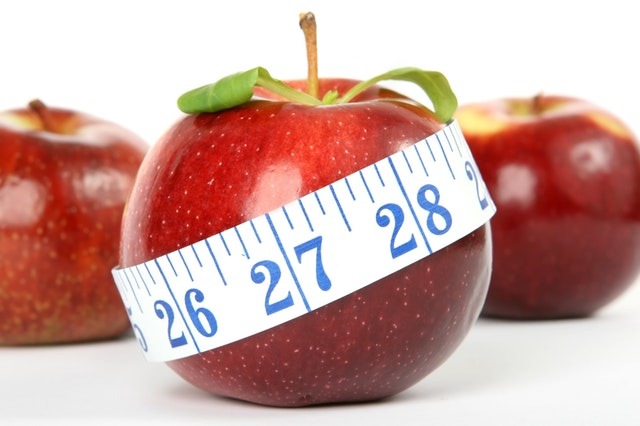There is no shortage of tips and advice when it comes to weight loss. Websites, books and magazines all vow that you will lose all the weight for good by using diets that get rid of carbs or fat or those that emphasize on special supplements or super foods. With the range of conflicting options, it can be hard to determine the approach that will work best for you. There are various suggestions for selecting the right weight loss program. Professional Advice Before embarking on a weight loss program, consider consulting a doctor. A doctor can evaluate your medication and medical issues that may affect your weight while providing guidance towards the most ideal program for you. You can also discuss safe exercises, especially if you have medical or physical challenges or pain when handling daily tasks. Talk to your doctor about previous attempts you have made to lose weight as well as fad diets that may have interested you. Your doctor may be able to refer you to a dietician or weight loss specialists and support groups. Personal NeedsThere is no weight loss plan or diet for everyone. However, if you think about your weight loss goals, lifestyle and preferences, you will be able to find a plan that you can adjust according to your needs. Before beginning a weight loss program, consider other diets you have tried, your preferences, your budget and other considerations such as cultural requirements or health conditions. Effective and Safe Weight Loss
Professional Advice Before embarking on a weight loss program, consider consulting a doctor. A doctor can evaluate your medication and medical issues that may affect your weight while providing guidance towards the most ideal program for you. You can also discuss safe exercises, especially if you have medical or physical challenges or pain when handling daily tasks. Talk to your doctor about previous attempts you have made to lose weight as well as fad diets that may have interested you. Your doctor may be able to refer you to a dietician or weight loss specialists and support groups. Personal NeedsThere is no weight loss plan or diet for everyone. However, if you think about your weight loss goals, lifestyle and preferences, you will be able to find a plan that you can adjust according to your needs. Before beginning a weight loss program, consider other diets you have tried, your preferences, your budget and other considerations such as cultural requirements or health conditions. Effective and Safe Weight Loss
- Promises of dramatic and rapid weight loss can be tempting but a gradual and slow approach is usually easier to maintain and is better than faster weight loss in the long run. Faster weight loss can be achieved safely in some situations but it must be done right. These include a quick and brief starting phase of healthy eating plans or low calorie diets under medical supervision.
- A long-term commitment is necessary for successful weight loss. This involves making a commitment to healthy lifestyle changes such as behavior, exercise and eating. Modifying behavior is essential and can have a major effect on your long-term weight loss goals. Click here for Ben Corbin.
For a plan that you can realistically live with, look for the following features: Flexible Weight Loss Plans A flexible plan will not prohibit certain food groups or foods. It should consist of various foods from the major food groups. Healthy diets contain seeds and nuts, lean protein sources low-fat dairy products, whole grains, fruits and vegetables. Flexible plans give you reasonable access to indulgence occasionally. It should include foods that you enjoy eating and are readily available at local grocery stores. However, a good plan should limit high-sugar content, sugary drinks and alcohol since the calories in them do not provide sufficient nutrients. A good idea would also be a convenient diet food delivery program.Calories and Nutrients Look for a plan that consists of sufficient calories and nutrients. Nutritional problems can result from eating large amounts of certain foods, completely eliminating certain food groups or cutting calories drastically. Healthy and safe diets do not require an excess supply of supplements or vitamins. Sustainability A diet should be enjoyable with foods that you can enjoy eating for the rest of your life rather than options that you can only tolerate during the plan. If the plan is boring, extremely restrictive or you do not like the food, long-term weight loss will be difficult.
I’m a 20-something stay-at-home mother and wife. I have an amazing husband, a beautiful daughter, two loving dogs, and a lazy cat. I wouldn’t change my life for anything! I love to read, listen to music, cook and blog!

Really find these points helpful for weight loss tips. Everyone is running after losing weight without caring about the right weight they are doing. It can affect them adversely. So it is very important to know the facts or the right way to follow anything to lose weight. I think you made the point quite easy for those and might they can add some benefit with this.